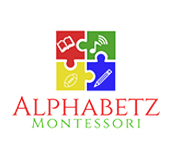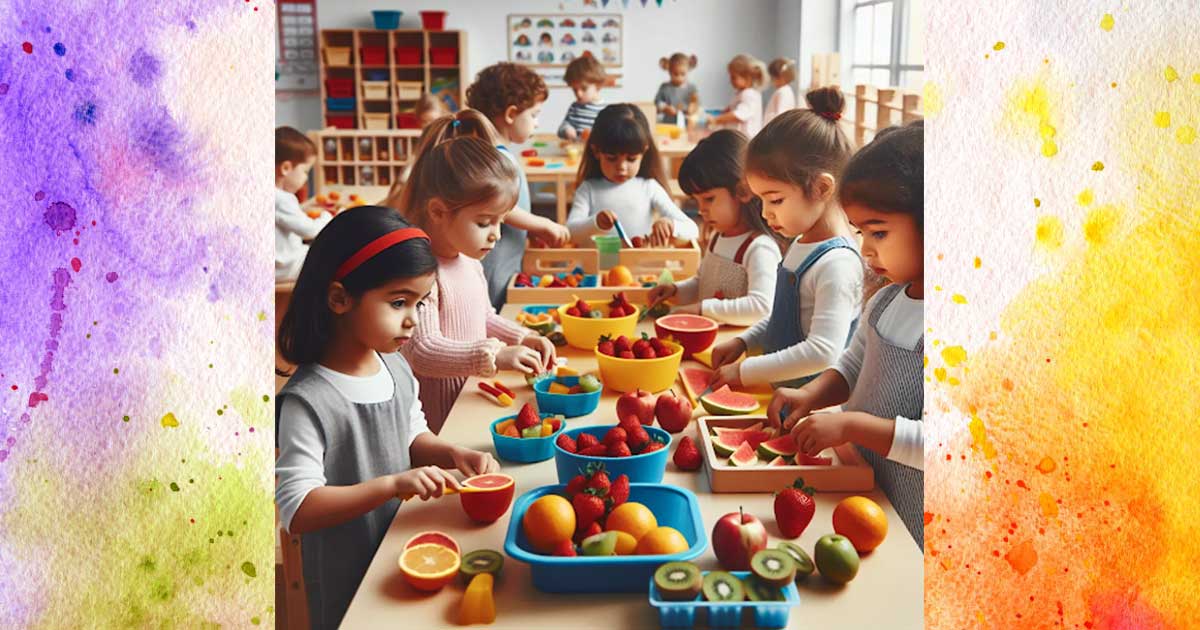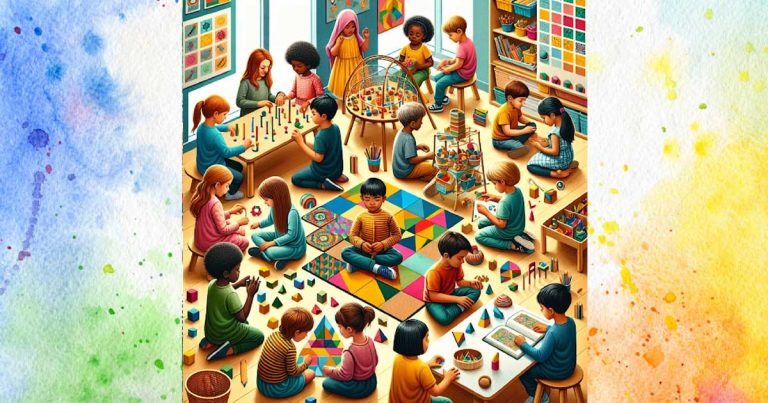Stay Close: Tips for Parents During Camp Season
Summer camp is an exciting time for children, offering them a chance to explore, learn new skills, and make lifelong friends. However, for parents, the separation can be bittersweet, stirring up feelings of worry and nostalgia. It's important to maintain a balance between staying connected with your child and giving them the space to grow and enjoy their camp experience. This blog provides practical tips for parents on how to stay close to their children during camp season, ensuring a positive experience for both. Introduction: The Importance of Staying Connected Maintaining a connection with your child while they're at summer camp has emotional benefits for both the parent and the child. It can ease the transition for children adjusting to being away from home and provide parents with peace of mind. However, it's crucial to strike a balance between staying in touch and allowing your child the independence to immerse themselves fully in the camp experience. Choosing the Right Communication Method Before camp starts, familiarize yourself with the camp's policies on communication. Some camps may allow phone calls, while others might restrict communication to emails and letters. Understanding these policies will help you choose the most suitable communication method. Digital vs. Traditional Communication- **Pros of Digital**: Instant delivery, easier for quick updates.- **Cons of Digital**: Less personal, might not be allowed by all camps.- **Pros of Traditional (Letters)**: Personal touch, excitement of receiving mail.- **Cons of Traditional**: Delay in delivery, requires more effort. ## Crafting the Perfect Letter or Email When writing to your child, aim to encourage and comfort them. Share family news but keep the tone upbeat. Ask open-ended questions about their activities, friends, and what they're learning, to encourage more than a one-word response. For example, "What was the most exciting thing you did today?" instead of "Did you have fun today?" ## Care Packages: A Touch of Home Sending a care package can be a wonderful…










